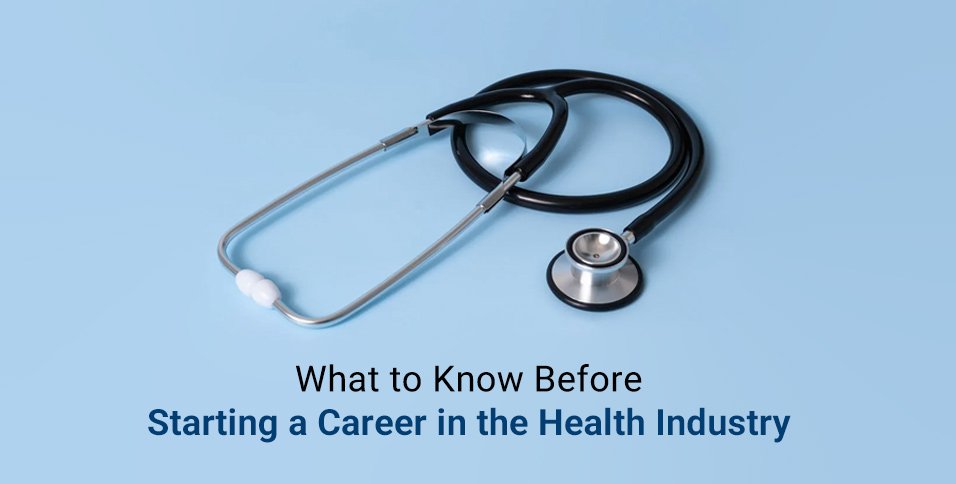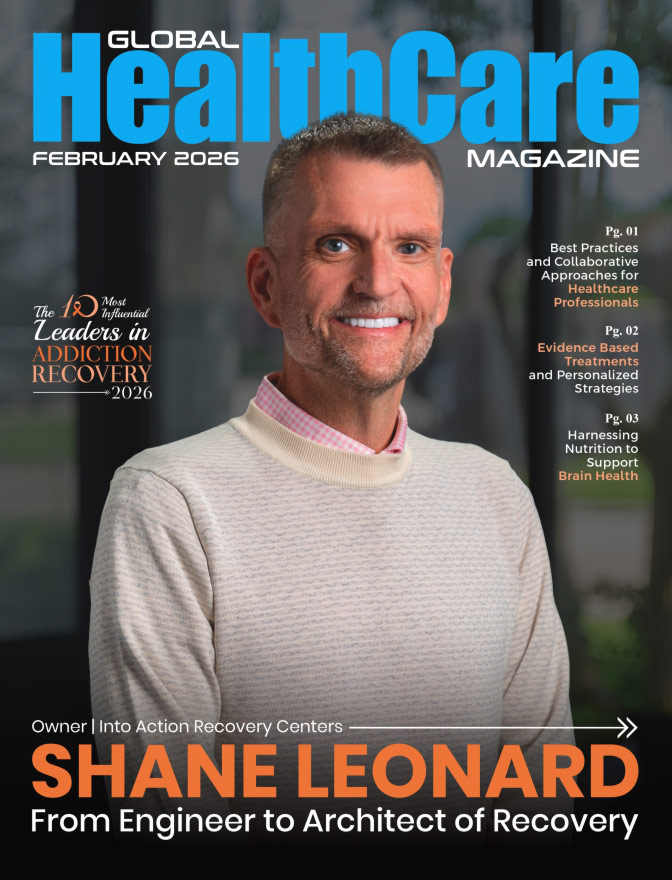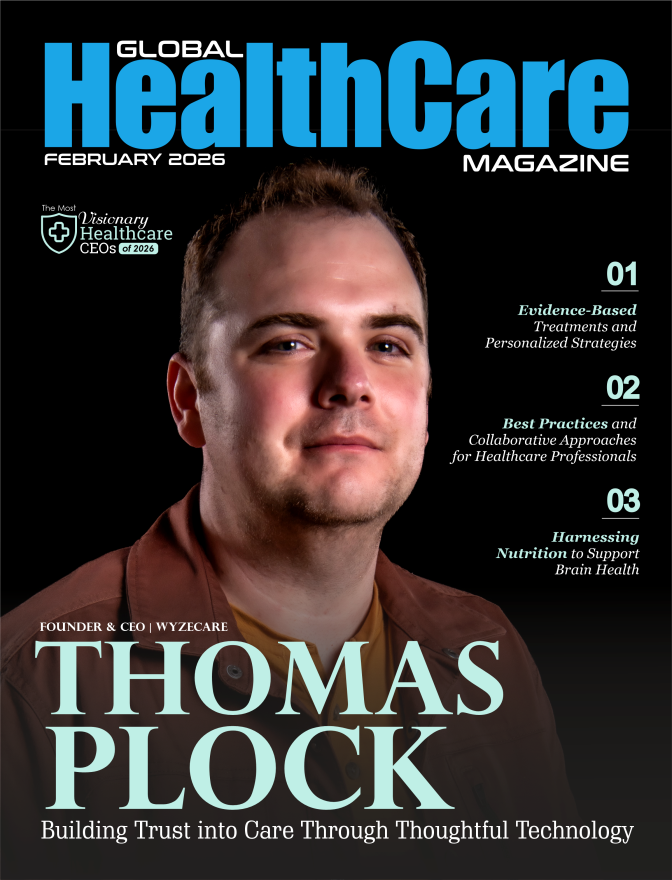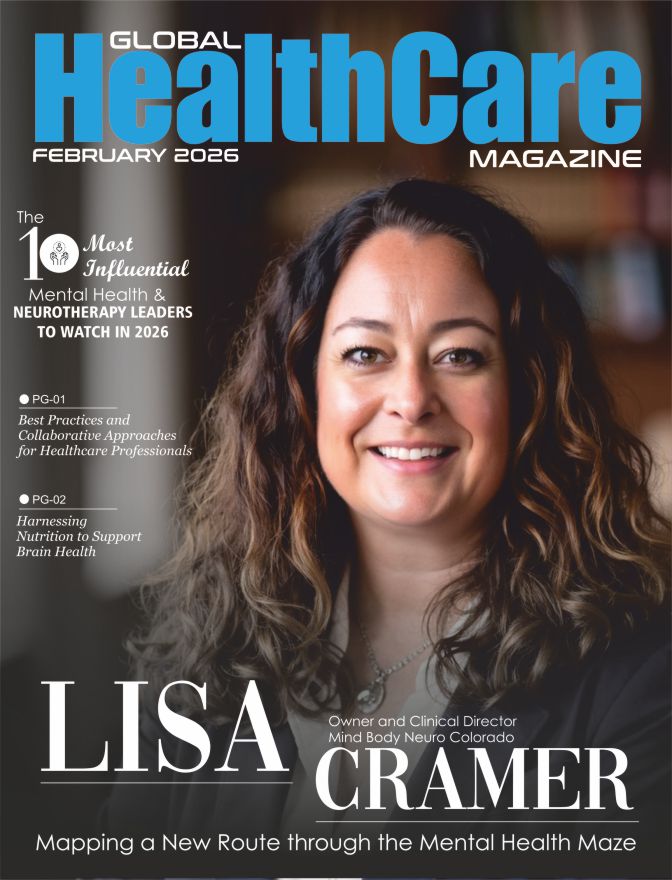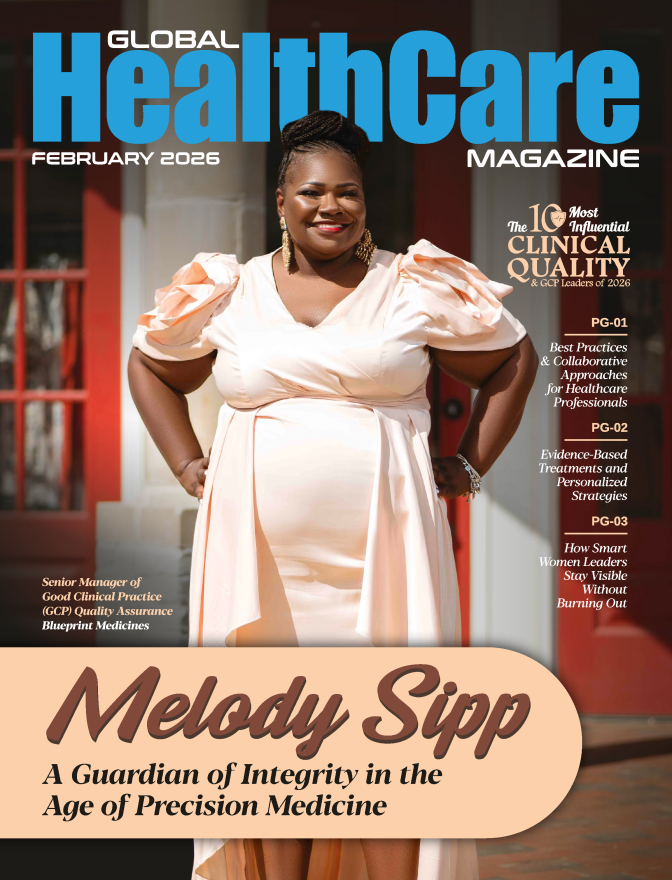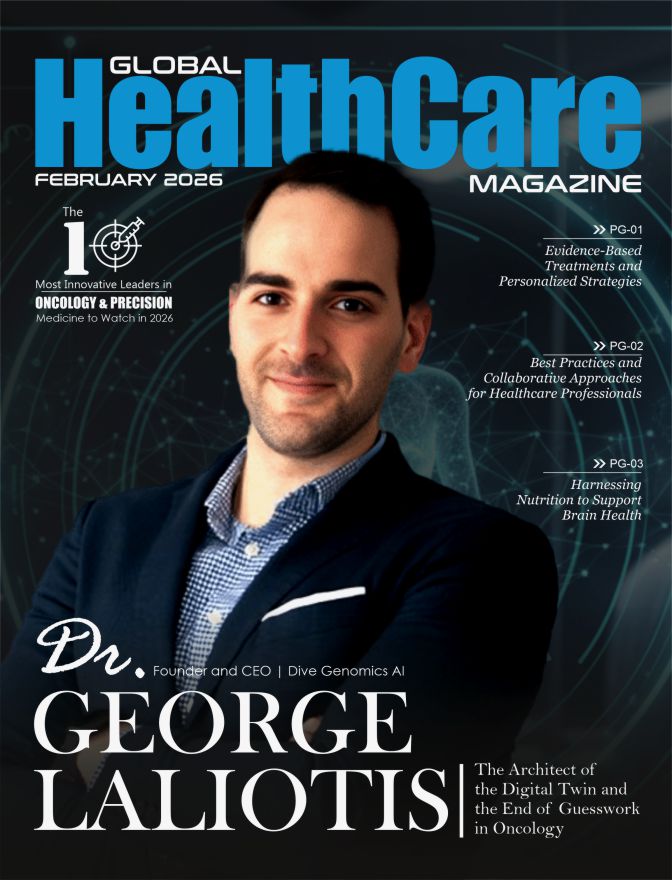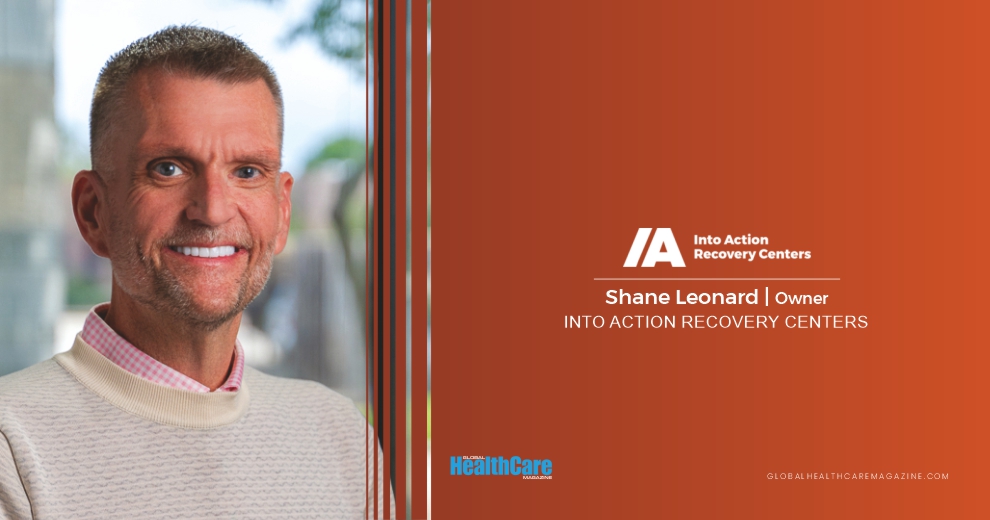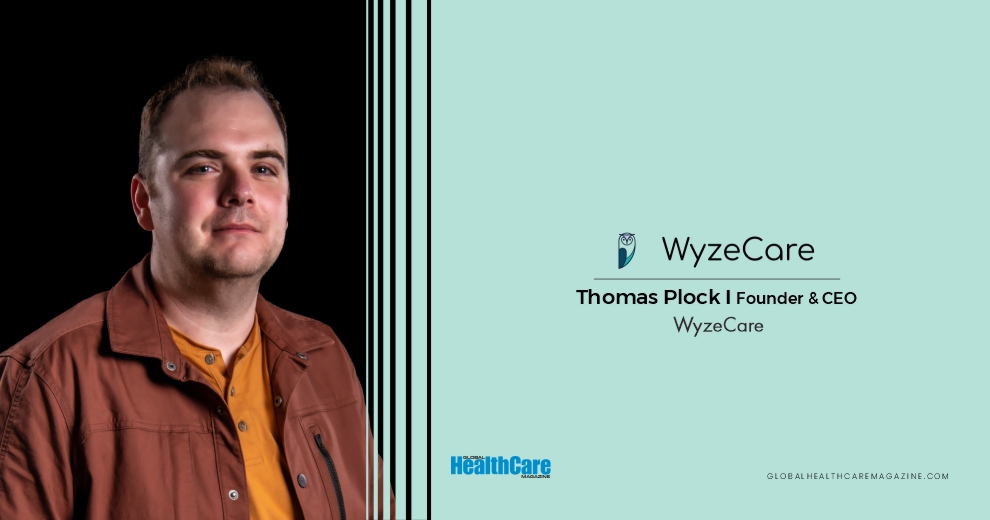Have you ever thought about working in healthcare and wondered if you actually understand what the day-to-day reality looks like? Many imagine saving lives or helping people heal, but few think about the long shifts, constant training, and rapid changes shaping the industry. In this blog, we will share what you need to know before taking the first step toward a career in the health field.
Understanding the Demands of Today’s Healthcare World
Starting a career in healthcare today means entering a field that is both in demand and in constant motion. Hospitals, clinics, and private practices face workforce shortages across the country, which means opportunities are growing, but so are expectations. With aging populations, more complex patient needs, and an increase in mental health demand, roles across the board—from nursing to therapy—are busier and often more specialized than in past decades.
Training has also adapted to reflect these pressures. More people now look for flexible and accelerated pathways to enter the field quickly, especially those changing careers or advancing within their current roles. Many explore the fastest online counseling degree options to meet licensing requirements and start helping patients sooner while still balancing work and family. These programs let students complete coursework on shorter timelines, often with multiple start dates, so the transition into a healthcare career does not require putting everything else on hold. For those drawn to mental health care in particular, this approach can shorten the gap between starting school and actually serving clients, which is vital as demand for counselors continues to rise nationwide.
Recognizing That It’s More Than Medicine
Healthcare careers are rarely just about treatments or procedures. People entering the field quickly realize how much of the work involves communication, emotional resilience, and navigating systems. Patients want care, but they also need to feel heard, respected, and understood, which can be as important as any medical intervention. Newcomers who focus solely on technical skills often find the human side of the job more challenging than expected.
This reality extends beyond patient interactions. Healthcare workers must often coordinate with insurance providers, follow strict regulatory protocols, and document every detail of their work. These responsibilities can feel tedious, but they are as much a part of the job as any hands-on treatment. Understanding how to balance clinical duties with administrative tasks helps avoid the frustration many new professionals feel when the paperwork seems to pile up faster than patient charts.
Adapting to a Rapidly Changing Industry
Few industries shift as quickly as healthcare. Advances in technology, new treatment standards, and evolving public health needs mean that learning never really stops. Telehealth, for example, went from a niche tool to a mainstream service within a matter of months during the pandemic, and those unwilling to adapt were left behind. Electronic health records, virtual care platforms, and AI-assisted diagnostic tools are now part of daily workflows for many roles, even those far from large hospitals.
Those entering the industry need to view ongoing education not as an optional add-on, but as a core part of their career. Professional development, certifications, and refreshers aren’t just about staying licensed—they are about staying effective. The willingness to learn new tools and processes quickly can determine how smoothly someone advances and how secure they feel in their role as the industry continues to evolve.
Balancing Reward and Burnout
While healthcare offers a sense of purpose few other fields can match, it also carries one of the highest risks for burnout. Long shifts, emotional strain from patient outcomes, and staffing shortages can wear down even the most committed professionals. Many who thrive long-term are those who prioritize balance from the start, building habits that protect their physical and mental health early in their careers rather than waiting for stress to take a toll.
This balance can include scheduling strategies, seeking support networks within their organizations, and knowing when to take breaks or request changes in workload. It can also mean exploring roles or specialties that align with personal strengths and energy levels. Not everyone is suited for emergency care, for example, but may excel in outpatient settings where the pace and stress are more manageable. Recognizing where you function best can make the difference between a sustainable career and a fast exit.
Finding the Right Fit Within the Industry
Healthcare is so broad that no two career paths look alike. Some roles involve direct patient care, while others focus on research, technology, administration, or education. New professionals often feel pressure to follow the most visible paths—nursing, physicians, therapists—without realizing how many other options exist that match different skills and interests.
Taking time to explore various specialties, shadow professionals, or talk with advisors can clarify where your abilities align with industry needs. The field includes roles for problem-solvers, educators, leaders, and innovators, not just those with clinical ambitions. Those who invest time upfront in finding their fit often avoid the dissatisfaction that comes from landing in a role that doesn’t match their personality or goals.
Accepting That Growth Requires Patience
Many people enter healthcare expecting rapid progression, especially with high demand for workers. While job security is often strong, meaningful advancement usually takes time, both in terms of experience and additional credentials. Building trust with patients, peers, and supervisors cannot be rushed, and those who try to skip steps often find doors to leadership or specialized roles harder to open.
Patience, however, does not mean stagnation. It means approaching growth strategically, taking on responsibilities, seeking mentorship, and pursuing education when the timing supports it rather than trying to leap ahead too quickly. Over time, this measured approach leads to more lasting success and often prevents the frustration that causes some to leave the industry prematurely.
Seeing the Bigger Picture
A career in healthcare is about more than landing a stable job. It is about joining a sector that shapes communities and often serves as the safety net when everything else feels uncertain. Recent events, from global health crises to regional shortages of care providers, have shown how vital these roles are—not just for patients, but for the systems and societies that rely on them.
Those entering the field should understand both the responsibility and the opportunity that come with it. Healthcare is demanding, constantly evolving, and often intense, but for those willing to embrace its challenges, it offers a career that can be deeply meaningful. By approaching it with clear expectations, a commitment to continual growth, and a plan to balance the personal and professional demands it brings, new professionals can build not just a job, but a career that lasts and makes a tangible difference.
Also Read: How to Transition into a Healthcare Career from a Different Field

